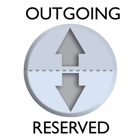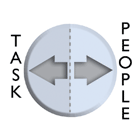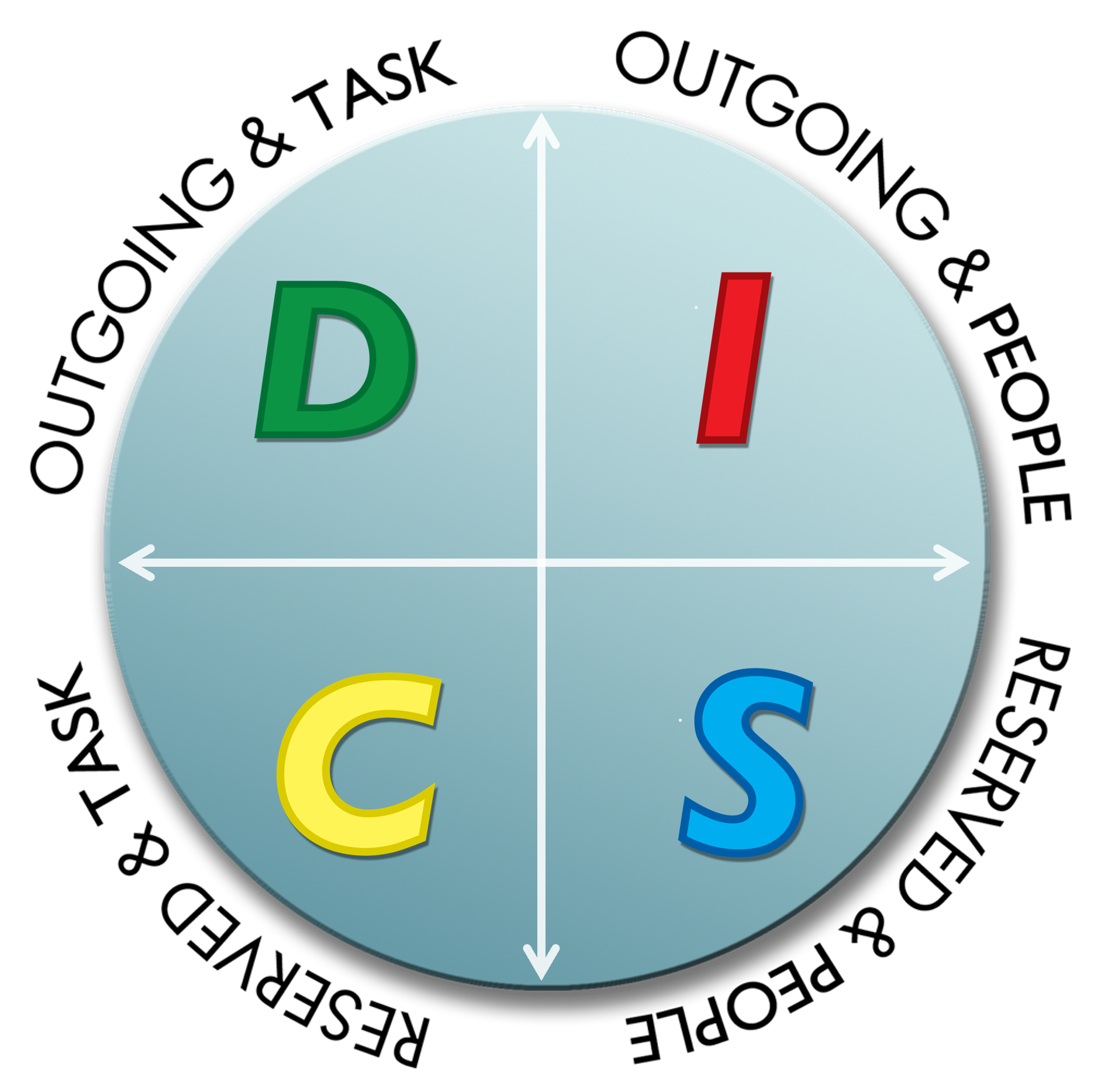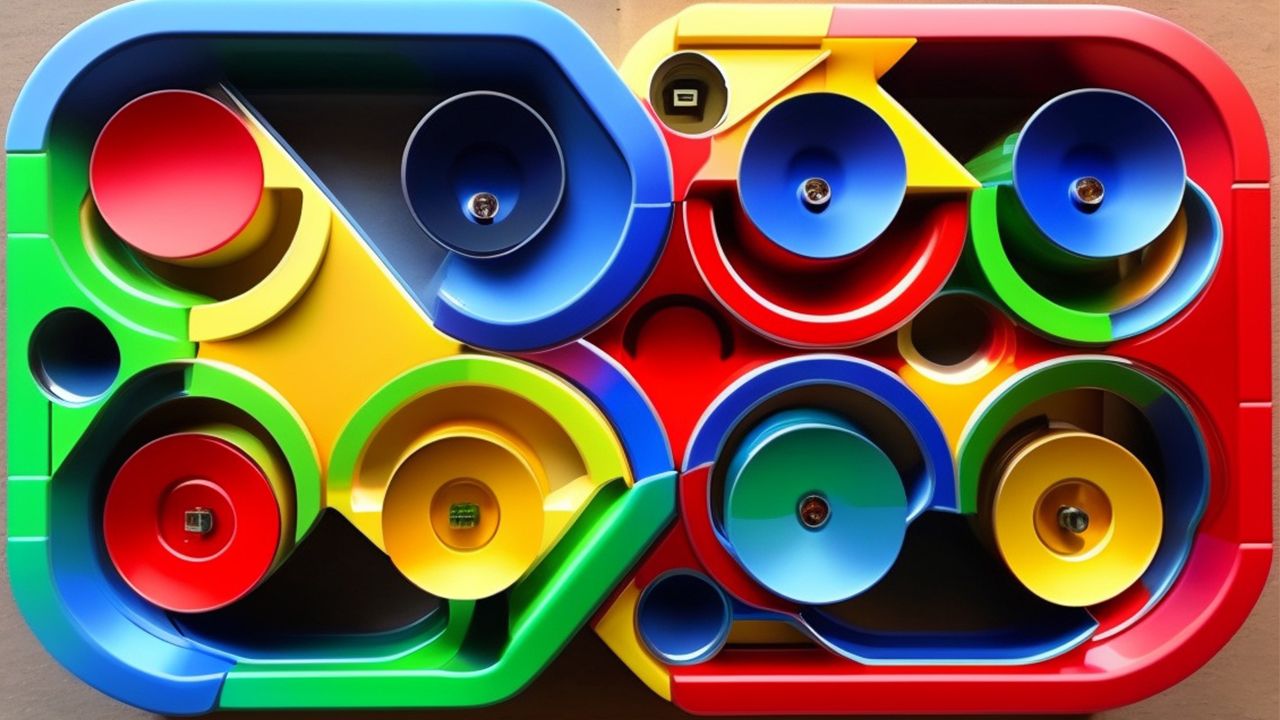With DISC, you'll discover your unique personality type, as well as identify they types of your most important relationships - colleagues, employees, team members, customers, friends and family. And when you gain insight into the motivations, values, and needs of the people around you, you can use this knowledge to build stronger, more meaningful connections and bring out the best in yourself and those around you.
DISC - The Model of Human Behavior
The four underlying dimensions of a person’s behavior - represented by the letters D, I, S, and C - provide you with an understanding of what drives people and how they interact with their environment.
The Foundations of the DISC Model
It's no surprise that people are wired differently, and the DISC Model of Human Behavior aims to identify and explain those differences.
The DISC Model is grounded on two fundamental observations about typical human behavior.
1) PACE - Internal Motor
people tend to have different speeds at which they operate and how they approach situations. Some people are always ready to go and dive right into a situation (outgoing), while others tend to operate at a slower pace and take their time (reserved).

Just as we have a motor that drives us, we also have a compass that moves us toward different priorities. Some people tend to focus on getting things done (task-oriented), while others tend to be way more tuned in to the people around them and their feelings (people-oriented).

- Outgoing
- Reserved
- Task-oriented
- People-oriented
We need to keep in mind that these tendencies are neither good nor bad, they are simply ways to help us understand the wiring of a person.
The Four DISC Personality Types
- Outgoing going and Task-oriented (upper left quadrant)
- Outgoing and People-oriented (upper right quadrant)
- Reserved and People-oriented (lower right quadrant)
- Reserved and Task-oriented (lower left quadrant).
These four personality types are described with the terms Dominant (D), Inspiring (I), Supportive (S), and Cautious (C).

A Dominant (D) person is Outgoing and Task-oriented. 'D's are assertive and goal-oriented people. They often take charge in new situations and are strong decision-makers. They are direct and competitive and often challenge the status quo.
An Inspiring (I) person is Outgoing and People-oriented. 'I's are creative, outgoing individuals who excel in relationships. They have good people skills and work well with others to reach a common goal. They are energetic, persuasive, enthusiastic, and tend to be optimistic about the future.
A Supportive (S) person is Reserved and People-oriented. 'S's are reliable people with a calm demeanor who consistently think about how things will impact people. They enjoy helping others, are very supportive and work great in a team environment. They value stability and follow through on their commitments without complaint or fanfare.
A Cautious (C) person is reserved and task-oriented. 'C's are analytical thinkers who prefer order over chaos. They are organized and detail-oriented, with a unique strength in planning ahead to counter potential problems before they arise. They like structure and rules but also enjoy analyzing data to discover patterns or trends to help them make better decisions for their organization or team.
Let's take a deeper dive into each of these four behavioral styles.
DISC Profile D - Dominant
When it comes to their approach to work, D types are direct, decisive and focused; they will often take charge and make decisions quickly. This can sometimes lead to a lack of openness when gathering information from others or considering different perspectives. However, they can also be quite persuasive which is beneficial in getting tasks accomplished efficiently.
To sum up, 'D's tend to be go-getters who are capable of positively impacting their environment through assertiveness and ambition. They may not always take the time to consider other perspectives or views but they have the potential for great leadership qualities due to their driving nature.
DISC Profile I - Inspiring
'I's have an innate ability to look at the bigger picture. They don’t get stuck on details or get bogged down in minutia – instead, they focus on the long-term impact of their actions. They also have a knack for recognizing the potential in others, which makes them natural leaders.
Inspiring individuals understand that collaboration is key when it comes to achieving success. They excel at motivating others and building consensus through dialogue and compromise. With these skills, they can create an environment where everyone feels heard and respected while still staying focused on the goal at hand.
DISC Profile S - Supportive
People with a Supportive personality type are typically very good at building relationships with others. They often go out of their way to make those around them feel comfortable and appreciated.
DISC Profile C - Cautious
People with a Cautious style tend to be skeptical about new ideas or changes, preferring instead to take their time in making decisions. They’re also more likely to stay focused on details rather than taking a big-picture view of things. This type of person is reliable and hardworking.
How Does DISC Improve Communication?
Wrapping up...
This understanding can then create productive conversations that can lead to improved relationships and open communication channels. DISC training helps us identify our strengths and blind spots to become more adept communicators.
DISC is a valuable tool for any business or team. While there are a large variety of personality tests in the market, DISC remains one of the most popular tools because of its blend of accuracy and simplicity.

